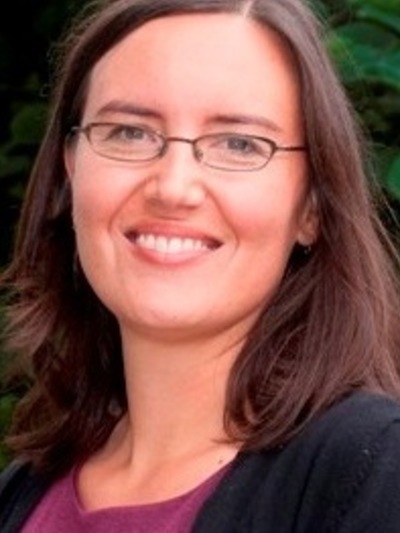The Ohio State University

Extending the metaphor of ‘counterpoint’ in audiovisual analysis
Friday, 2/9 at 4pm, room 2441
Early twentieth-century pioneers in abstract multimedia such as Alexander Scriabin, Sergei Eisenstein, Oskar Fischinger, and Walther Ruttmann sought to model the interaction of audiovisual elements on musical counterpoint. Although the impulse toward counterpoint is well-documented and persists among multimedia artists to this day, few scholars agree on what constitutes multimedia counterpoint and some have even questioned whether audiovisual works can be contrapuntal. My talk suggests a new understanding of multimedia counterpoint based on historical sources and extends the metaphor to cover specific types of audiovisual interactions. I conclude that, like musical counterpoint, the idea of multimedia counterpoint is most useful when it is used to describe degrees of similarity and difference rather than absolute states of parallelism and contrast.
Toward music pedagogies of the future
Saturday, 2/10 at 10am, Eastman Hall
Saturday, 2/10 at 10am, Eastman Hall
The past decade has witnessed a renewed interest in the pedagogy of music history and theory, evidenced by the lively and well-attended pedagogy interest group meetings hosted by AMS and SMT; the launching of new journals such as the Journal of Music History Pedagogy and Engaging Students: Essays in Music Pedagogy; the publications of edited volumes such as Pop-Culture Pedagogy in the Music Classroom and Norton Guide to Music Theory Pedagogy; and new academic conferences dedicated to pedagogy. Inspired by this wealth of new resources, many academic musicians are reevaluating their approach to both teaching methods and content. I provide a brief overview of my own curricular revisions in the music theory sequence at Ohio State, then facilitate discussions in small groups of the following questions: How do we engage students intellectually, musically, creatively? What are the most essential skills students need for their progress as musicians and what evidence shows they have acquired those skills? How do we teach the essential skills given the resources available to us? How to we communicate the relevance of the academic study of music in a culture that devalues both the arts and intellectual activity? This workshop will allow participants to reflect on some of the most fundamental questions regarding what we do in the classroom and why.


